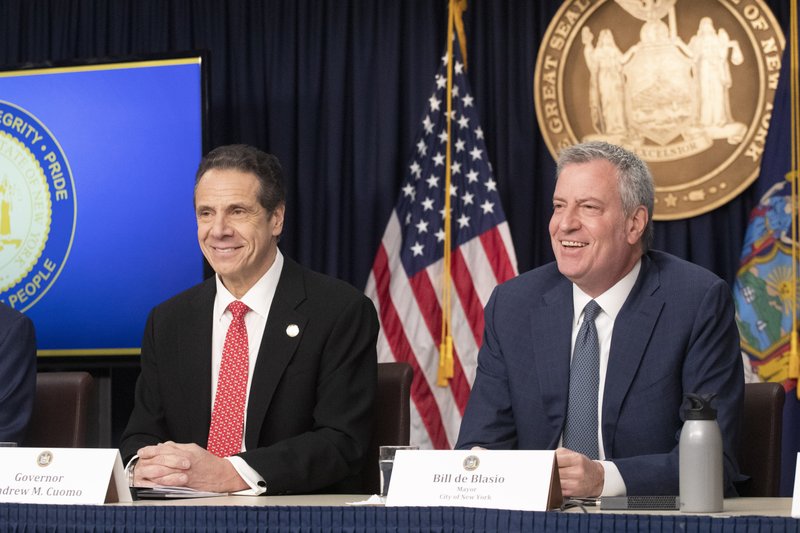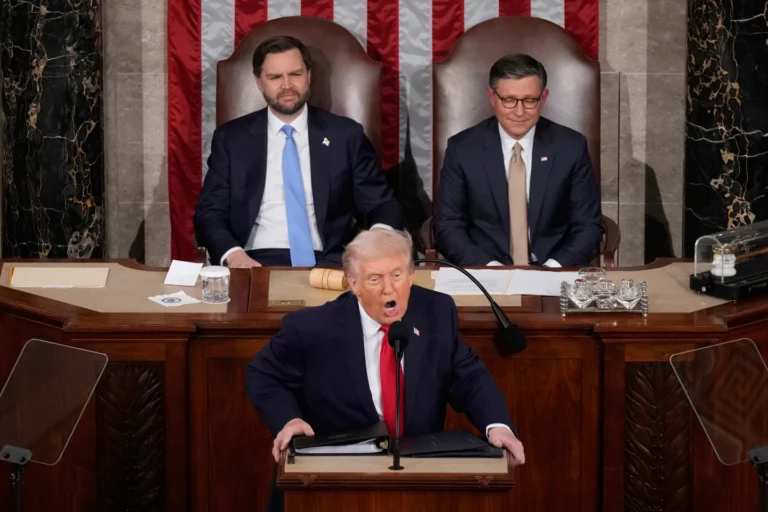New York Gov. Andrew Cuomo acted constitutionally by temporarily banning evictions because of the coronavirus, a judge ruled Monday.
U.S. District Judge Colleen McMahon said in a written decision that the eviction moratorium issued in a series of order beginning in March does not violate the First Amendment rights of three Westchester County landlords who sued the state.
“At bottom, provisions ensure that landlords will be made whole while their tenants are facing extraordinary financial hardships,” McMahon said.
The judge noted that Cuomo’s order, which blocks evictions until Aug. 19, occurred as the United States suffered more than any other country in a world confronting the deadliest pandemic in over a century.
Cuomo, a Democrat, issued orders blocking evictions for three months and allowed tenants to use security deposits toward rent.
McMahon, the court’s chief judge, acknowledged that New York state’s eviction process was “a slow, cumbersome and extremely tenant-favorable process.”
But she said there was nothing permanent about the order and it preserves the right of landlords to evict or sue tenants for back rent.
“And, finally, the Order neither reduces the amount a tenant must pay their landlord for occupying the apartments, nor forgives the tenant’s rental obligations altogether, thereby allowing them to live on the landlord’s property rent free,” she wrote.
The judge said the landlords who sued had offered only a “vague allegation that the landlords are owed back rent by some of their tenants” and were not precise enough about security deposit allegations to show there has been a constitutionally significant economic impact.
Attorney Mark Guterman, who represented the landlords, said he’ll consult with his clients about their options, which include appealing McMahon’s ruling and filing a similar action in state court.
“We believe what the governor has done is essentially to rewrite New York law,” he said. “The governor doesn’t have right to do that under the New York state constitution.”
Guterman said more than half of the tenants covered by the landlords he represents are paying rent, but New York state favors tenants to such a degree that it’s difficult to recover money from those who refuse to pay.
“Where else have you seen the governor say to an industry: “You foot the bill,” he said.
The lawyer said the difficulty for landlords will arise soon when tax bills are due and some might not be able to afford them.
A message seeking comment was left for a lawyer for the state attorney general’s office.
Edward Josephson, director of litigation at Legal Services NYC, which filed legal papers in the case on behalf of tenants, said in a statement: “We hope this ruling will discourage further ‘constitutional’ attacks on reasonable emergency measures aimed at controlling the epidemic and its economic fallout.
(AP)












2 Responses
“New York state’s eviction process was “a slow, cumbersome and extremely tenant-favorable process.””
Absolutely true. I would never want to be a landlord in New York.
The suspension of evictions is going to put a stress on landlords. Cuomo forgets that landlords are supposed to be exempt from stress.